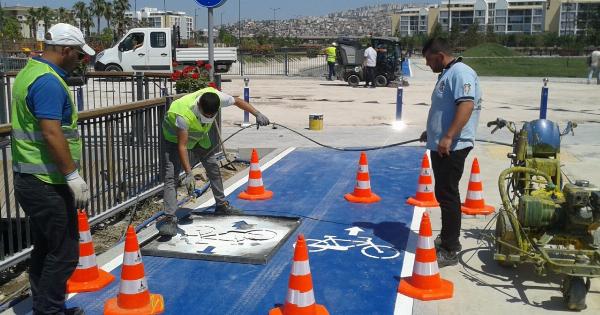As you approach the end of your pregnancy journey, it is natural to wonder when labor will begin and how you will know if it’s the real deal.
Every woman’s labor experience is unique, but there are some common early signs that indicate the onset of childbirth. Recognizing these signs is crucial as it allows you to seek timely medical intervention and prepare for the arrival of your little one. In this article, we will explore the various early signs of labor that you should be aware of.
1. Regular Contractions
One of the most well-known signs of labor is regular contractions. These contractions feel different from the occasional Braxton Hicks contractions that you might have experienced throughout your pregnancy.
Unlike Braxton Hicks contractions, true labor contractions progressively become stronger, closer together, and more regular in frequency.
2. Water Breaking
In some instances, the amniotic sac ruptures and causes the water to break. This is commonly known as the “water breaking,” and it is a clear sign that labor is about to begin.
It can feel like a sudden gush or a slow trickle of fluid and is often followed by contractions. If your water breaks, it is essential to notify your healthcare provider.
3. Nesting Instinct
Many women experience a surge of energy and an overwhelming urge to tidy up or organize their living space in the days leading up to labor. This phenomenon is known as the nesting instinct.
If you find yourself suddenly motivated to clean, rearrange furniture, or prepare your baby’s nursery, it could be a sign that labor is imminent.
4. Mucus Plug Discharge
The mucus plug is a thick gelatinous substance that blocks the cervix during pregnancy, protecting the uterus from potential infections. As your body prepares for labor, the mucus plug may be expelled.
This can happen all at once or gradually and is often accompanied by blood-tinged or pinkish discharge. Losing the mucus plug is a reliable early sign that labor is approaching.
5. Back Pain
Low back pain or cramping in the lower back is a common early sign of labor. As the baby descends into the pelvis, pressure on the lower back increases, resulting in discomfort or pain.
Back pain that comes and goes in a rhythmic pattern, similar to contractions, may indicate that you are in the early stages of labor.
6. Diarrhea or Nausea
Some women experience loose stools or diarrhea before labor begins. This is believed to occur due to hormonal changes and the body’s natural way of clearing the bowels to prepare for childbirth.
Similarly, nausea or vomiting can be one of the early signs of labor. These digestive symptoms often occur alongside other signs of approaching labor.
7. Increased Pressure in the Pelvic Area
As your baby moves deeper into the pelvis and prepares for birth, you may feel increased pressure and a downward sensation. This pressure can be accompanied by a feeling of heaviness or the need to use the bathroom more frequently.
Baby’s head engaging in the pelvis is a positive sign that labor is on its way.
8. Intense Braxton Hicks Contractions
While Braxton Hicks contractions are typically sporadic and painless, they can become more frequent and intense as you approach labor. These contractions may be stronger and more uncomfortable than what you have previously experienced.
If you notice a change in the character of your contractions, it could be a sign that you are progressing towards active labor.
9. Flu-like Symptoms
Some women report experiencing flu-like symptoms, such as body aches, fatigue, and mild fever, in the days leading up to labor. These symptoms are thought to occur due to hormonal changes and the body’s preparation for childbirth.
If you experience these symptoms along with other signs of labor, it is crucial to consult with your healthcare provider to rule out any potential complications.
10. Changes in Mood and Emotional State
As your body prepares for the physical demands of labor, you may also experience changes in your mood and emotional state. Hormonal fluctuations can cause irritability, anxiety, restlessness, or a sense of nesting urgency.
These emotional changes are completely normal and serve as indicators that your body is gearing up for labor.
It is important to note that not all women will experience all of these signs, and some may experience them differently. Every labor experience is unique.
However, recognizing these early signs can help you prepare mentally and seek assistance from your healthcare provider when necessary. Remember to consult with your medical team if you have any concerns or questions as you near your due date.


























